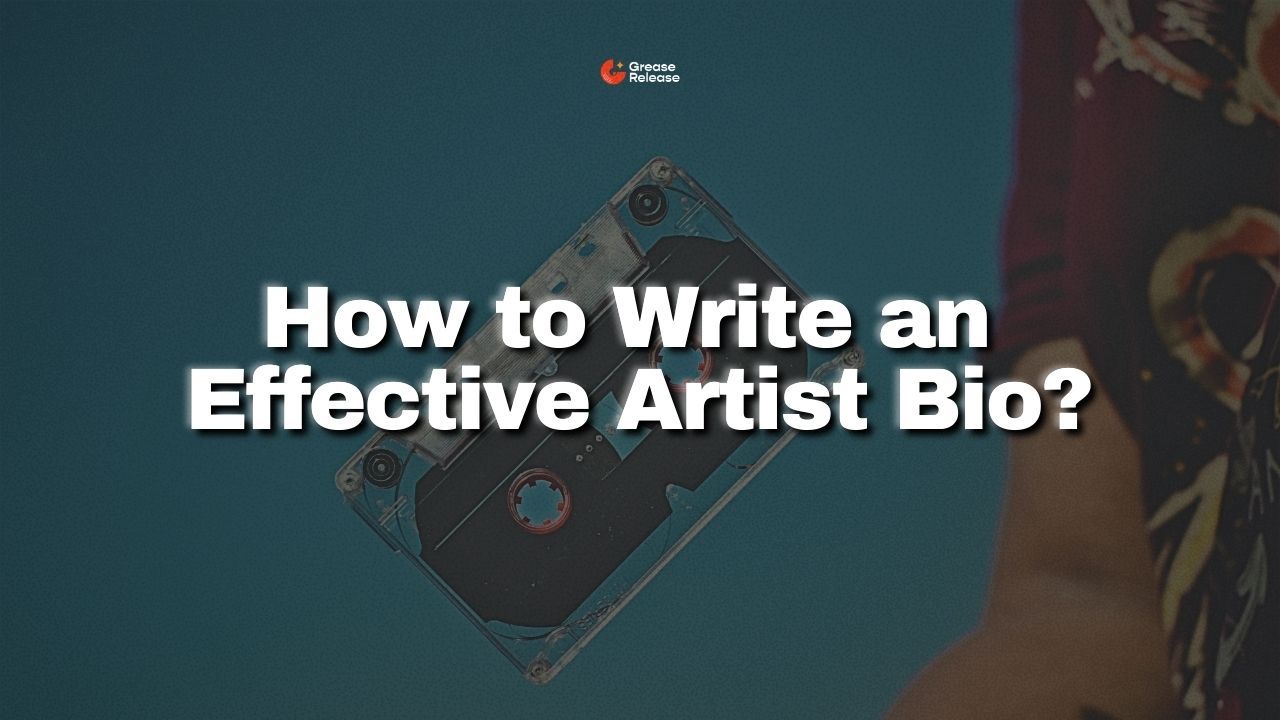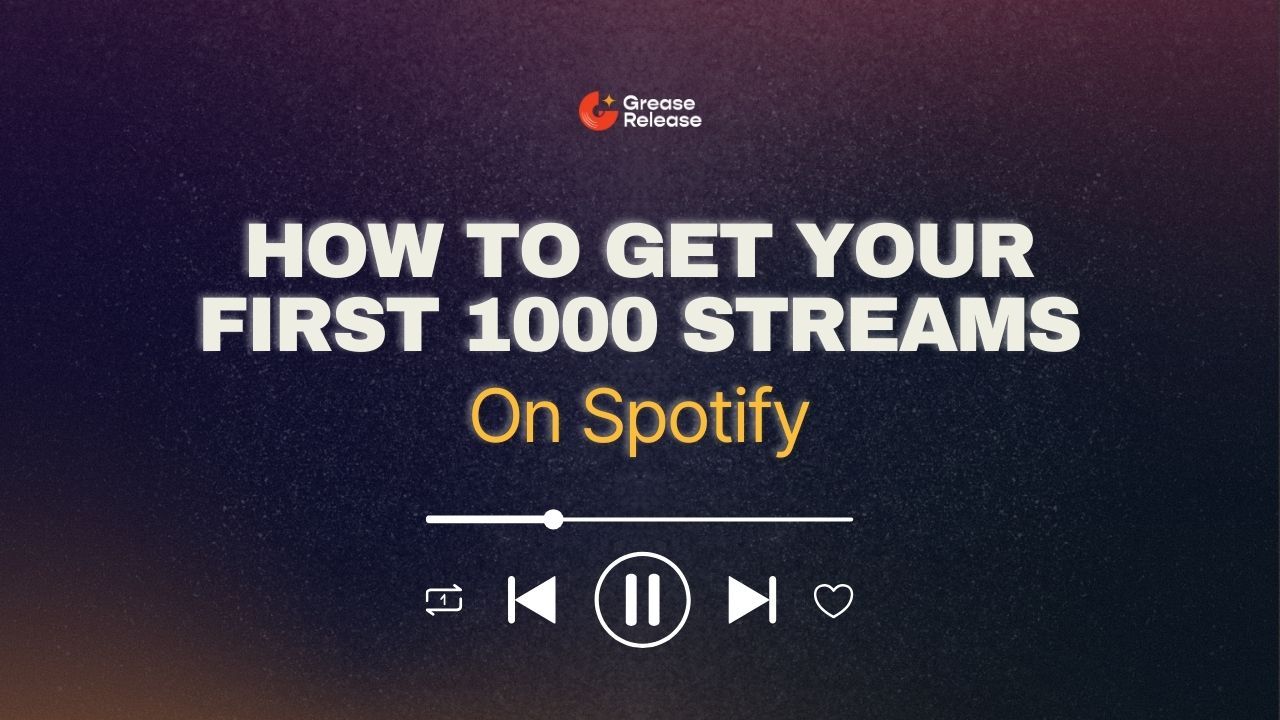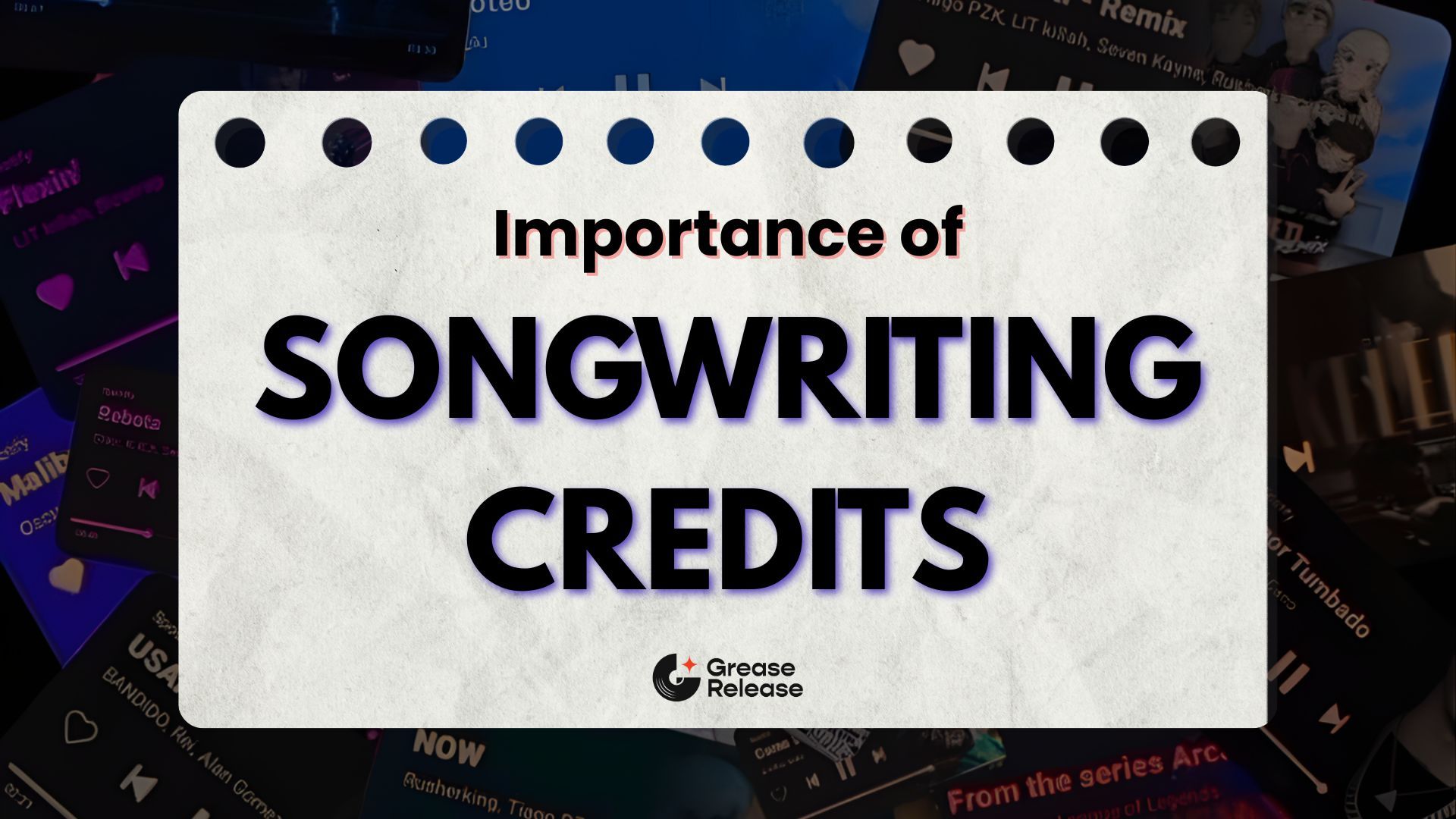
Sync licensing 101: Get Your Music into Video Games
Jul 17, 2023Get Your Music Into Video Games Now!
In the dynamic world of video games, music plays a vital role in enhancing the immersive experience and setting the mood for players. If you're a music composer or artist trying to find a crack in the fortress of the video game audio industry, understanding the process of getting your music into video games can open up exciting opportunities. In this blog post, we will explore the world of sync licensing and provide you with valuable insights on how to navigate this space effectively.
The Power of Music in Video Games
Video games are more than just interactive entertainment. They are works of art that engage players emotionally. Music, with its ability to evoke feelings and create atmospheres, is a fundamental component of the gaming experience. Whether it's an epic orchestral score or an infectious electronic track, the right music can elevate a game to new heights and leave a lasting impact on players.

What is Sync Licensing?
Sync licensing, also known as Synchronization Licensing, refers to the process of licensing music for synchronization with visual media, such as video games, movies, TV shows, and commercials. If you’re looking to begin your journey in sync licensing, our Sync Licensing 101 article can be your guide to learn all about it.
In the context of video game audio, sync licensing involves partnering with game developers or publishers to have your music featured in their games. It is an excellent way for music composers and artists to gain exposure, generate revenue, and build their portfolios.
Finding Opportunities in the Game Audio Industry
- Research Game Developers and Publishers
Start by researching game developers and publishers who are known for incorporating YOUR niche of music into their games. Explore their websites, follow their social media accounts, and get a sense of the genres and styles they typically embrace. Some renowned companies include Ubisoft (mostly featuring story mode games, so ambient and orchestral scores fit in here), Electronic Arts (specializing in sports games, so upbeat pop, and rock is the niche), and Capcom, etc.
- Networking and Collaboration
Networking is a major key in any industry, and the game audio industry is no exception. Attending game industry events, conferences, and workshops to connect with professionals in the field is something very fruitful if done right. Collaborate with indie game developers or student projects to gain experience and create a strong portfolio.
Approaching Sync Licensing Companies
Sync licensing companies act as the bridge between music creators and game developers. They help facilitate licensing agreements, handle negotiations, and ensure proper compensation. Here are a few steps to take when approaching sync licensing companies:
- Research and Identify Reputable Sync Licensing Companies
Sync Licensing companies segregate themselves with their niches at times. Look for companies specializing in sync licensing for video games. Some of the best sync licensing companies in the industry include Music Gateway, Epidemic Sound.

- Submitting Your Music
Most sync licensing companies have submission portals where you can showcase your music. Follow their guidelines carefully and present your best work. Here’s your time to shine, your content should be intriguing enough to catch both the ear and the eye within seconds, and be confident about your piece of art. Highlight your unique style, versatility, creativity, and previous experience, if any. And you’re good to go!
- Building Relationships
Don't hesitate to reach out to sync licensing companies directly. Introduce yourself, express your interest, and inquire about potential opportunities. Building relationships can lead to long-term collaborations and increased visibility within the video game audio community. Networking in this area is a bit tricky, a lot of folks are reaching out to them on a daily basis. Make sure that your first prompts are a bit intriguing to the person reading as well.
Showcasing Your Work
- Create a Portfolio
Develop a professional portfolio or website showcasing your music compositions, previous game projects, and collaborations. Make it easy for game developers and sync licensing companies to explore and evaluate your work. Making a portfolio would be easier if you already have a solid Electronic Press Kit (EPK). Check out our article on Building a Perfect Press Kit for Musicians.

- Tailor Your Music for Games
Consider creating demo reels or samples specifically designed for video games. Showcasing your ability to capture different moods, genres, and gameplay scenarios will demonstrate your versatility as a composer. It’s one of the best ways to showcase your aesthetics and style in minimal time and maximum detail.
Getting your music into game audio requires dedication, persistence, and a proactive approach. By understanding the power of music in video games and embracing the world of sync licensing, you can position yourself for success. Remember to conduct thorough research, network with industry professionals, and explore opportunities with reputable sync licensing companies. With the right mindset and a compelling portfolio, you can take your music to new virtual worlds and make a lasting impact on players and video game developers alike.
A Bonus Tip to keep in mind would be finding Music Supervisors of video games that resonate with your Art Style, reaching out to them directly is something you can plan for as well. For instance, Simon Landry is famous for working with Ubisoft in Far Cry 4, Far Cry 6 and Prince Of Persia: The Forgotten Sands (2010). Tomonobu Kikuchi has worked with Capcom for Resident Evil 5, and Jonny Altepeter is working with Riot Games for Valorant.

We at GreaseRelease, have a bunch of curators on our network who are looking for new & exciting music to push on their massive playlists. If you make music and want to reach a wider audience, check out our submission platform and get a chance to reach millions of listeners! Submit your tracks now!
Studies show that 80% of musicians constantly feel overwhelmed and we want to take that load off by helping you stay organized that's why, my team and I created the ProdPro 2.0
The ProdPro 2.0 is the ultimate organization tool built by and for musicians. Click here to learn more.
Don't miss my newsletter!
Join me on a music entrepreneurship journey with new tips and tricks delivered straight to your inbox.
We hate SPAM. We will never sell your information, for any reason.




